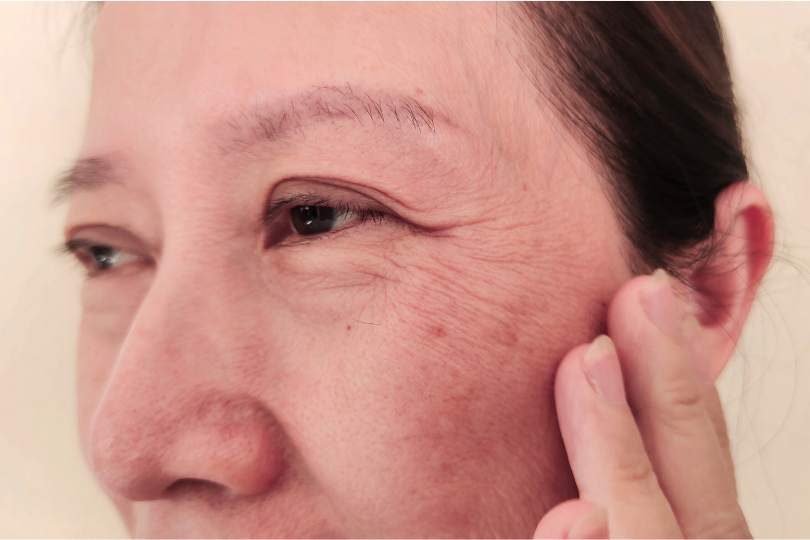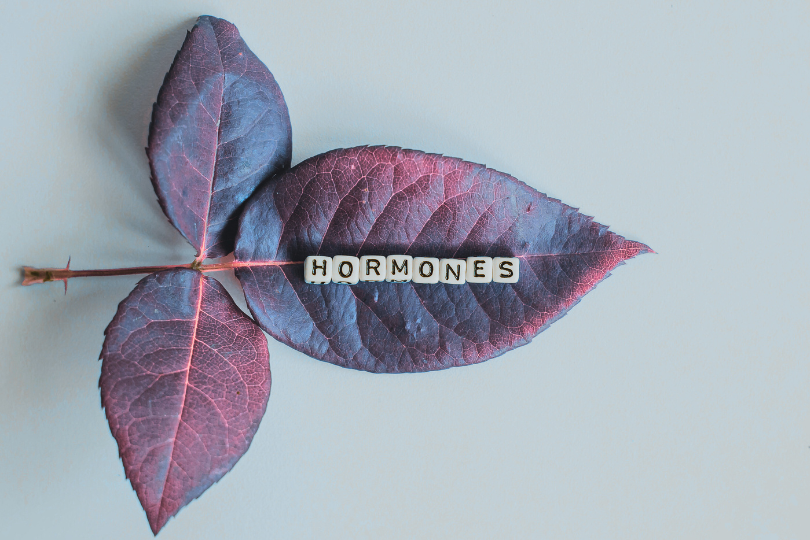So your periods have stopped for 12 months — you’re officially in menopause.
But what does that actually mean for your body? Beyond the end of monthly cycles, menopause marks a new phase where lower estrogen levels can affect your bones, heart, skin, brain, and more. It’s a transition worth paying attention to, not just for symptom relief, but for long-term health.
We usually think of estrogen as just a hormone for periods and fertility. But when estrogen drops after menopause, the effects ripple through your entire body, even in ways that aren’t obvious at first. That’s why postmenopausal care isn’t just about hot flushes; it’s about understanding what’s shifting under the surface, and knowing what to do next.
Here’s a practical guide to what changes and what you can do.
Estrogen helps maintain bone strength by slowing down the rate at which bones break down. Without it, bone loss accelerates, often silently, until one day, a fall leads to a fracture.
Even small steps now can help prevent fractures later.
Before menopause, estrogen helped keep your blood vessels flexible and your cholesterol in balance. But after menopause, your risk of heart disease increases — gradually, and often without symptoms.
Heart disease is the #1 cause of death in women; this is one of the most important shifts to pay attention to.
Dryness, irritation, more frequent UTIs, or discomfort during sex these are incredibly common after menopause. They’re caused by thinning of the vaginal and urinary tissues due to lower estrogen, a condition called genitourinary syndrome of menopause (GSM).
These symptoms are treatable; you don’t need to just put up with them.
Just because your periods stop doesn’t mean you stop checking.
Even if you’re not experiencing symptoms, staying up to date on these checks is one of the best ways to protect your future health.
This phase of life isn’t about restriction, it’s about support.
Menopause isn’t the end of care; it’s the start of a different kind. One that’s focused on keeping your bones strong, your heart healthy, and your quality of life high for the decades ahead.



If your routine suddenly feels out of step, it’s not your products, it’s your hormones. As estrogen begins to fall, the signals that keep skin strong and hydrated weaken. Dryness, breakouts, pigmentation, and slower healing start to appear, even with the same products you’ve always used. The good news: you can adapt. With smart everyday care (SPF, hydration, retinoids, vitamin C), lifestyle support (nutrition, sleep, stress), and medical options when needed (prescription treatments or hormone therapy), your skin can stay strong and healthy well into your 40s, 50s, and beyond.

No one talks about it, but perimenopause can hit in your 30s or 40s, and it’s not just about your period. Think brain fog, poor sleep, low libido. Here’s what to look out for and what you can do.

Many sexually transmitted infections can lie dormant for months or even years without symptoms. Understanding the facts — and getting tested together — can help you move forward with clarity and care.